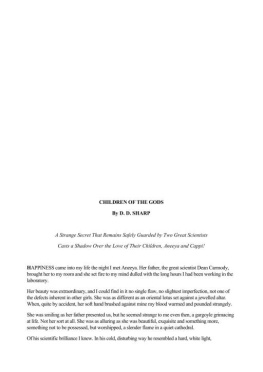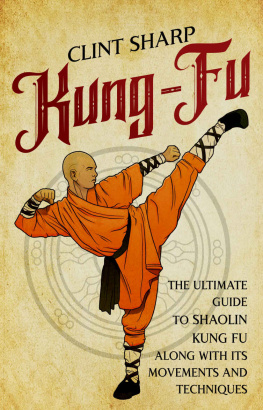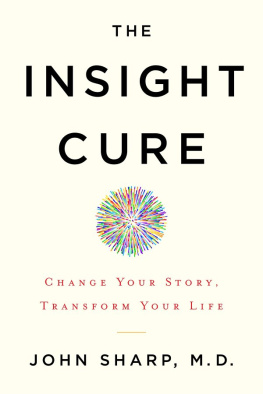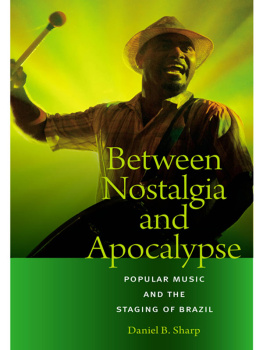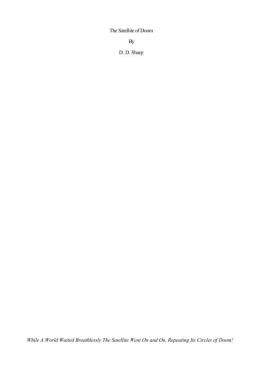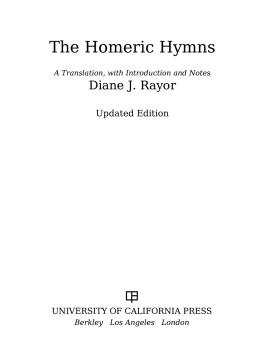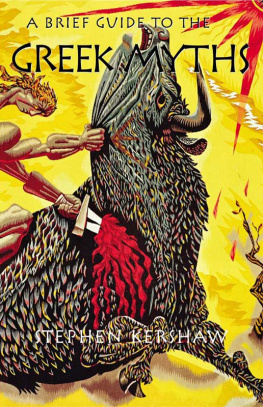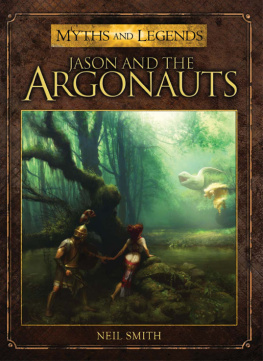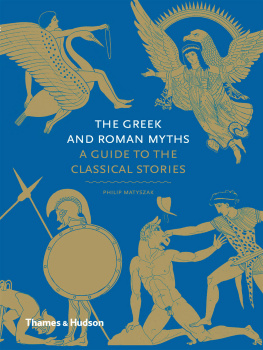e
r
u
t
c
i
P
CHILDREN OF THE GODS
By D. D. SHARP
A Strange Secret That Remains Safely Guarded by Two Great ScientistsCasts a Shadow Over the Love of Their Children, Aneeya and Cappi!
HAPPINESS came into my life the night I met Aneeya. Her father, the great scientist Dean Carmody, brought her to my room and she set fire to my mind dulled with the long hours I had been working in the laboratory.
Her beauty was extraordinary, and I could find in it no single flaw, no slightest imperfection, not one of the defects inherent in other girls. She was as different as an oriental lotus set against a jewelled altar. When, quite by accident, her soft hand brushed against mine my blood warmed and pounded strangely. She was smiling as her father presented us, but he seemed strange to me even then, a gargoyle grimacing at life. Not her sort at all. She was as alluring as she was beautiful, exquisite and something more, something not to be possessed, but worshipped, a slender flame in a quiet cathedral. Of his scientific brilliance I knew. In his cold, disturbing way he resembled a hard, white light, incandescent and massively stable; rotating within his own plane, bespeaking by the set of his face that he was master of his particular world. He was the genius of the powerful cyclotron buried deep beneath University campus.
I remember marveling at his matter-of-fact manner as he introduced us, and wondered what could be so deadening in advancing years that he, too, was not stirred by her beauty; why the rotation of his methodical thoughts had never fallen into simple parental pride at the loveliness he had fathered. I stood dumbly, trying to compose adequate remarks. His monologued observations on his findings in the new science of electronics made it obvious how far above me he was intellectually. Aneeya's eyes were large, intense, all the time he was speaking. I felt that they were demanding something of me I could not understand. Her father talked of lipins, proteins, and a process he was perfecting to produce synthetic digestions.
He was a peculiarly impressive-looking man, features angular and aggressive, face long, hair frostwhite and fine as rainwashed web covering a shiny scalp which bulged widely to accommodate the massive brain lobes within his cranial box. I had known him at a distance long before that night. He and my father were colleagues in many physical researches, but I had never thought of him in relation with anyone else, far less as the father of a beautiful girl.
He was of all men least acceptable to me as a future father-in-law, for I loved Aneeya even that night with a queer, unexplainable insistence which replaced all other desires and ambitions. I loved her as I feared him and his extraordinary power of knowledge that I knew was far and beyond the ordinary allotment of other brilliant men. I reacted toward him as I did toward my own father, my dominant emotion a weird, intangible sense of helplessness against superior will and devising. Each time his eyes lifted slowly to search my face I could feel my pounding blood chill. Deep in those black pupils was a force, a purpose, a design to be imagined but hardly understood.
I SOON learned he was like my father in other ways. Both regarded science, not the formulated laws of a creative God, but creative genius itself. To them spirit was no more than an emanation of chemical process ; love a magnetic affinity between physical masses as exact in its influence as the ratio of pi, with romance as mathematically predictable as gravity when given the distance and ratio of masses. He watched me intently while I tried to keep my attention averted from the girl beside him. And on the things he was saying. Finally he touched her lightly upon the shoulder and told her to leave us. She obeyed, granting me one mute, uninterpretable appeal as she said good-night. After she was gone I sat reviewing the beloved memories of her every word, her quaintly fetching mannerisms, glad her father had now turned his attentions to my instructor. My father came in and glanced quickly and inquisitively into my face, exactly as though I were a culture in a test tube. After a moment he turned from me and motioned to the Dean. Together they went into my father's private laboratory.
Had I been less lost in reverie my curiosity would have been keenly aroused by their conference. I could hear their voices as they rose again and again as with extraordinary excitement. Bits of their conversation were of the old, old subject, one they were forever discussing.
It was not what they were talking about that astonished me but the unusual excitement in their voices. They were methodical and unemotional men. Why were they so plainly exulted over the deduction that there was cytoplasmic reaction of inorganic structures when highly bombarded by helium atoms from the cyclotron chamber?
My father had been obsessed by ideas of accomplishing some sort of alchemy. Until this night Dean Carmody had been critical of father's "Bi-polar Conceptions of Inert Structures." Electricity is life, he had agreed, cellular growth merely inherent arrangements and densities of electrical resistance affording certain material sensations.
Now at last Dean Carmody was enthusiastic. Well, thought I, let them rave. They are old men forever beyond the sweet bonds of romance. My emotions that night were entirely untuned to their eagerness about the reactions of slimy, granular semi-fluids in culture tubes. I did not care to be reminded that such stuff was the foundation of all living tissues, even the flesh of the bewildering, bewitching Aneeya.
WHEN Dean Carmody had gone father came into the little room I used as a bedroom. He stood framed in the narrow door, looking down at me with a strange and alarming focus of his cold gray eyes. It was as though he were seeing me as my own flesh might become were it bound to the bombardments of Dean Carmody's machine.
"Please," I cried out, for his scrutiny drove away romantic thoughts. "Can't you act like a normal father?
Why are all your thoughts bound up in research, forever and ever? You have interest in nothing else. It's driving me wild!"
"That girl, Aneeya," he said, ominously disregarding my outburst. "I can see you are falling in love with her."
With a queerly penetrating glance that seemed to reach my very soul he went back into his private lab where I had never been allowed to go.
I sat a long time on this stool, wondering what he could mean. Was he in love with her, too?
After that life moved in a hazy routine. My one pleasure was to sit in the room where she had been, remembering the lustrous magnetism in her gray-green eyes, the way they blazed when she was excited, their tender softness when she was moody or deeply in earnest.
I roamed about the campus hoping to see her again. I made guarded inquiries about her to those who knew Dean Carmody. Their answers but heightened my anxiety and bewilderment. None of them knew he had a daughter.
After these attempts my desire to find her became overpowering, yet I dared not invade the subterranean chambers which housed the great and deadly cyclotron where her father worked. It had too many guards, and there was something in his face which warned me it might go ill with her if he knew my interest. My mood turned to despair, to futile longing and hopeless search. Luck had been against me since my unhappy attack of amnesia not long before. Since it nothing my father maneuvered had turned out well for me. I became convinced he was the overseeing manipulator of my failures to contact Aneeya once more. Despair overcame me.
I gave up hope and then, without any warning she came to me. I was alone in my room one evening when there was a knock on my door, insistent and panicky.
Next page
